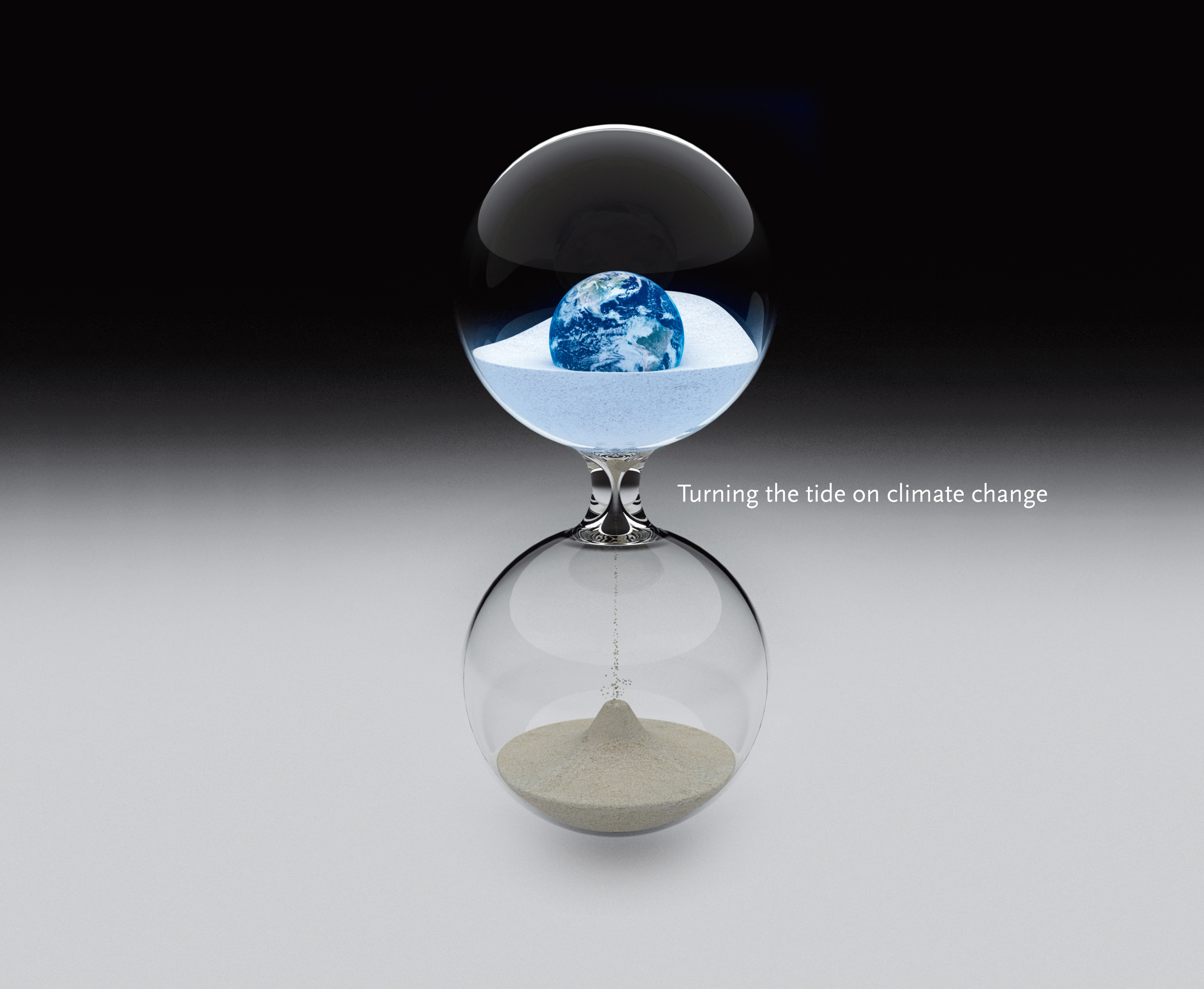Happy September! I am so excited to be back in Rochester for my senior year and blogging for the Green Dandelion. I wanted to share an article that I read the other day, because I think that it will be of interest to the sustainability community. It is titled “How to Talk About Climate Change So That People Will Listen” and was published in The Atlantic. It discussed something that has become a well-known phenomenon in America: the general lack of political action on climate change even while it remains a national conversation and has been one for decades. Scare tactics are often used unsuccessfully such as in instances when predicted environmental effects were overstated, there are frequent instances of clashing opinions on how to proceed with policy creation, and the result “[is] a political back-and-forth that [becomes] ever less productive.” The article brings in Pascal Bruckner’s term ecologism, which in his words, “seeks not to save nature but to purify humankind through self-flagellating asceticism”. Ecologism can lead people to feeling apathetic towards climate change. Constant fear mongering is not necessarily leading to a motivated population, but one that is overwhelmed and paralyzed. Ultimately, discourse about climate change needs to shift dramatically and compromises must be reached so that we as a nation do not reach a standstill.
If taking steps forward for climate change resonates with you, then perhaps you’d be interested in joining me at the People’s Climate March on September 21st in New York City. The march is happening two days before a crucial U.N climate meeting, which will eventually be followed by a global conference in Paris in 2015 where nations will try to form a climate-change treaty. This march is predicted to be one of the largest climate actions in history, and there are already over 1000 partnering organizations. Having attended a rally against Keystone XL at the White House in 2011, I am excited to once again join environmental advocates from all over in demanding progress on climate change in the US. It may just be a march, but it does not pay to underestimate the power of united voices. When concerned citizens unite around a cause, their numbers give political power to the issue, as was the case in 1970 when Earth Day demonstrations lead to the passage of the Clean Air Act, and countless other instances.
Written by Leslie Wolf, Class of 2015

